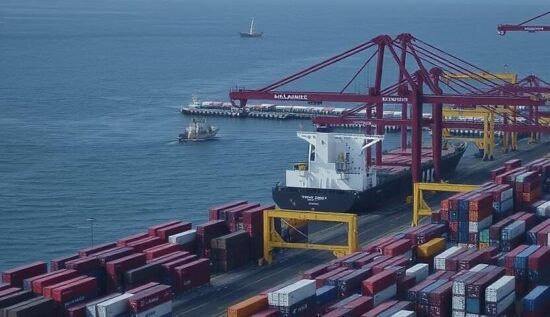European Economists Warn of Increased Risks from Chinese Imports Amid US Tariffs
Analysts and the European Commission are warning that a surge of cheap imports from China, fueled by Donald Trump’s tariffs, could exacerbate the economic risks for the European Union. The immediate impact of the 20% tariffs on EU products has raised concerns about the prospects for the ailing manufacturers of the block, which are already affected by the US duties on autos and steel.
However, Trump’s hard tariffs on economies like China and Vietnam mean that Brussels is now on high alert, as a flood of Asian products, such as electronics and machinery, is expected to be redirected to European markets. The Commission is preparing new emergency tariffs to respond, officials said, adding that it has strengthened the monitoring of import flows.
“The immediate trade shock for Asia will likely rebound on Europe” said Robin Winkler, chief economist at the Deutsche Bank in Germany. Chinese manufacturers will try to sell more of their products in Europe and elsewhere, as they face a “giant tariff wall in the US.”
Winkler added that the EU has already imposed tariffs of up to 35% on Chinese electric cars and that it could go “much higher” on other products.
While analysts have speculated that Trump’s tariffs could bring the EU and China closer together, Brussels has been nervous for months, as the risk exists that Chinese manufacturers may try to increase their market share through price cuts in response to the US barriers.
French President Emmanuel Macron has warned that high US tariffs on goods from Asian countries could lead to those countries redirecting their excess capacity to Europe, which could have “massive consequences” for the continent’s industry.
Clemens Fuest, president of the ifo Institute, a German think tank for economic research, said that the planned high tariff on China by Trump would be a double blow for the German industry. China would try to sell more on other markets and thus “add to the pressure on German companies” while it is likely to buy fewer German-made goods due to its own economic problems.
Given that the German economy is already stagnating, it is possible that the US tariffs could push the country into recession, Fuest said.





